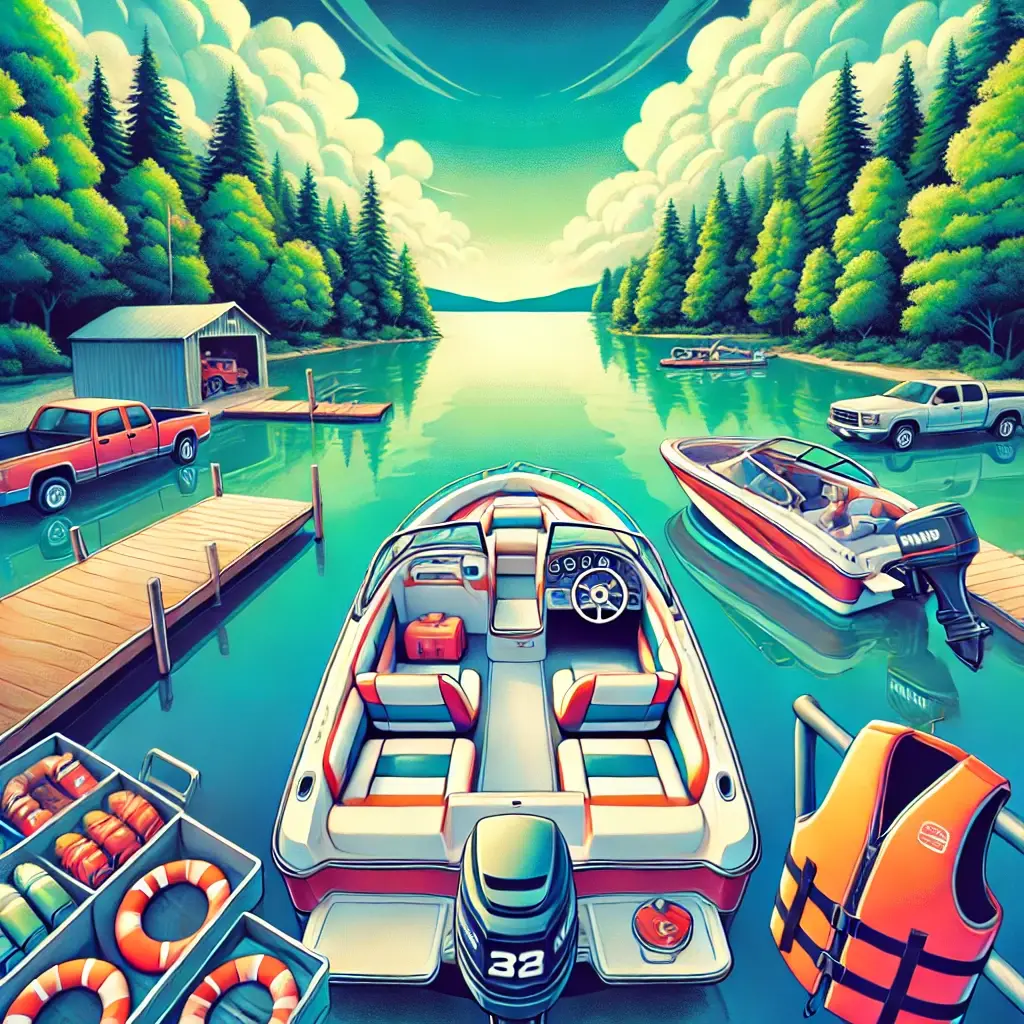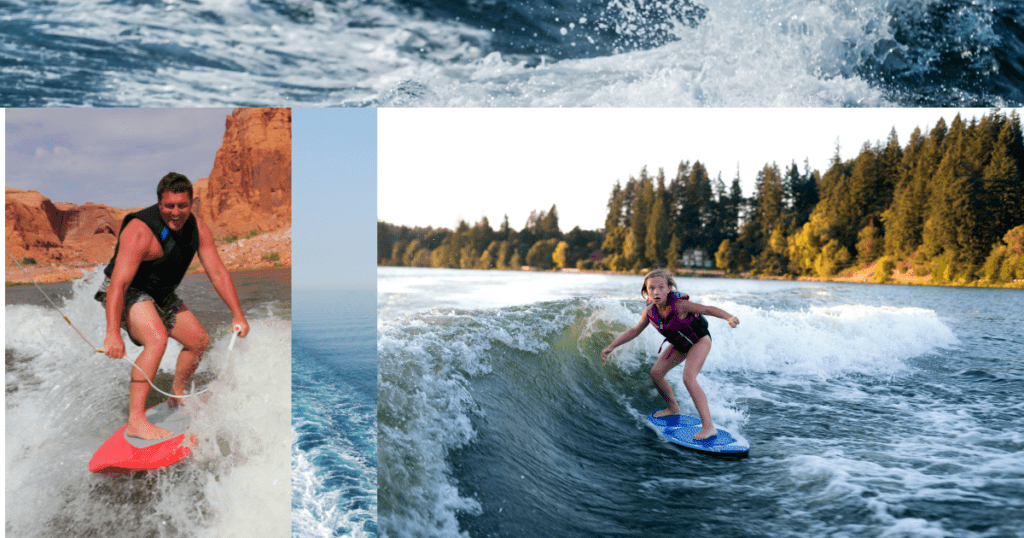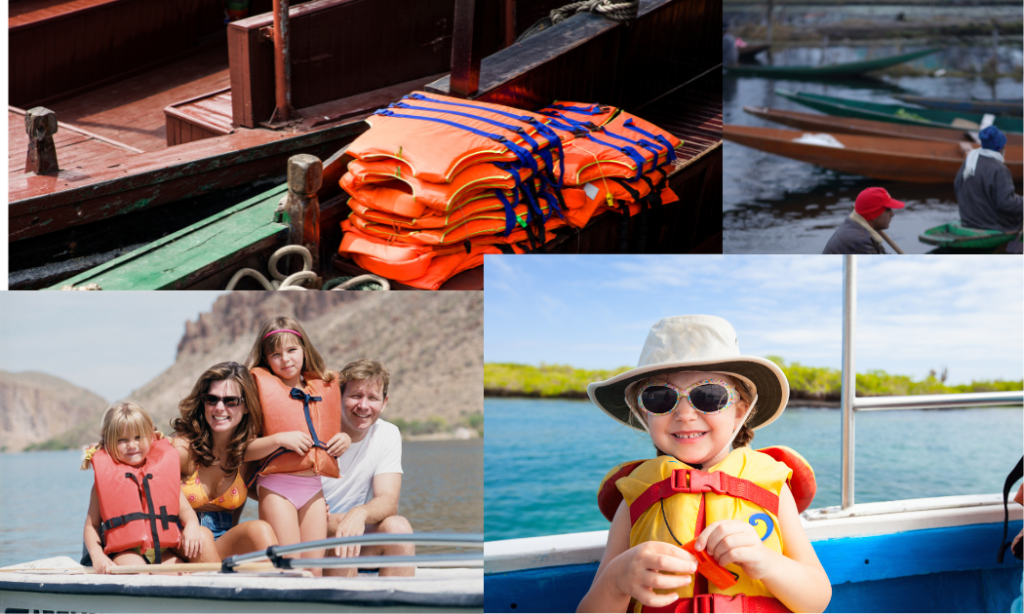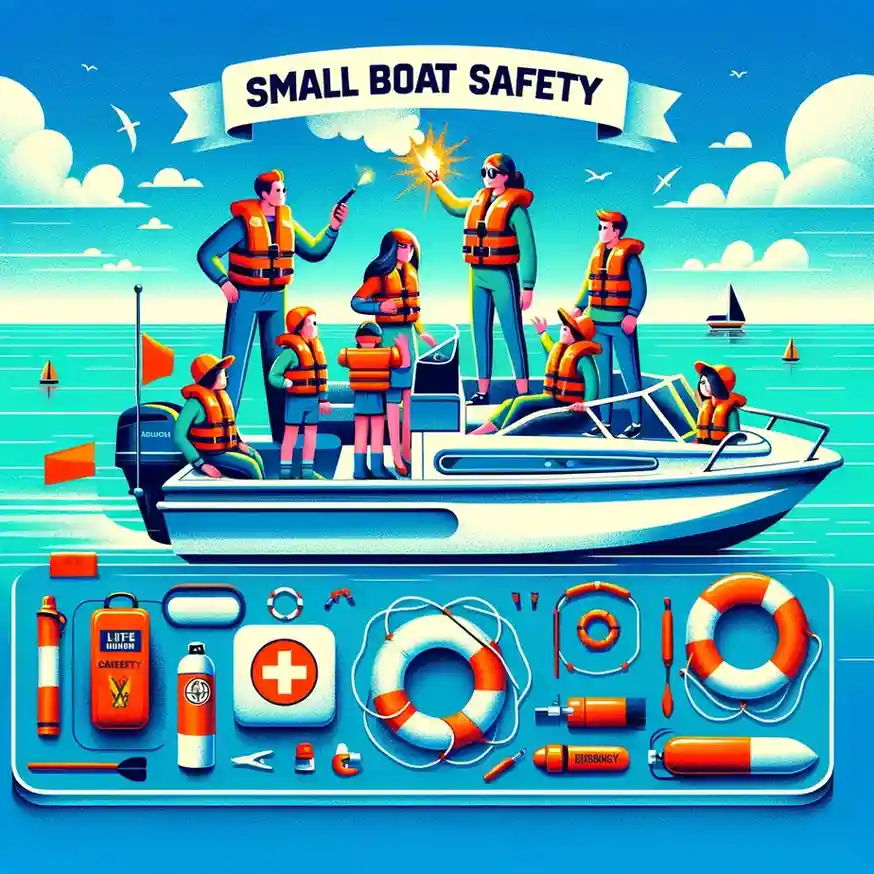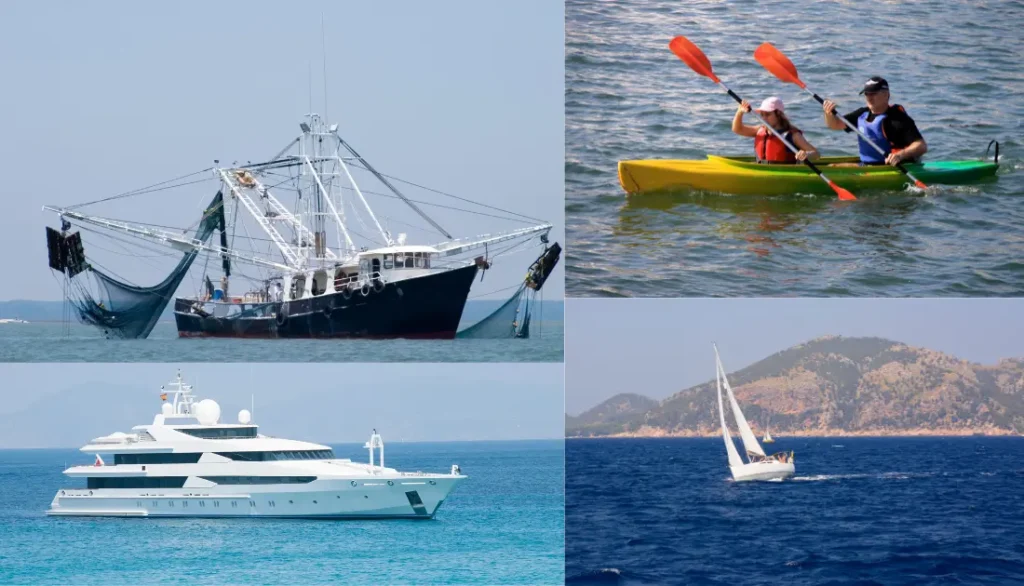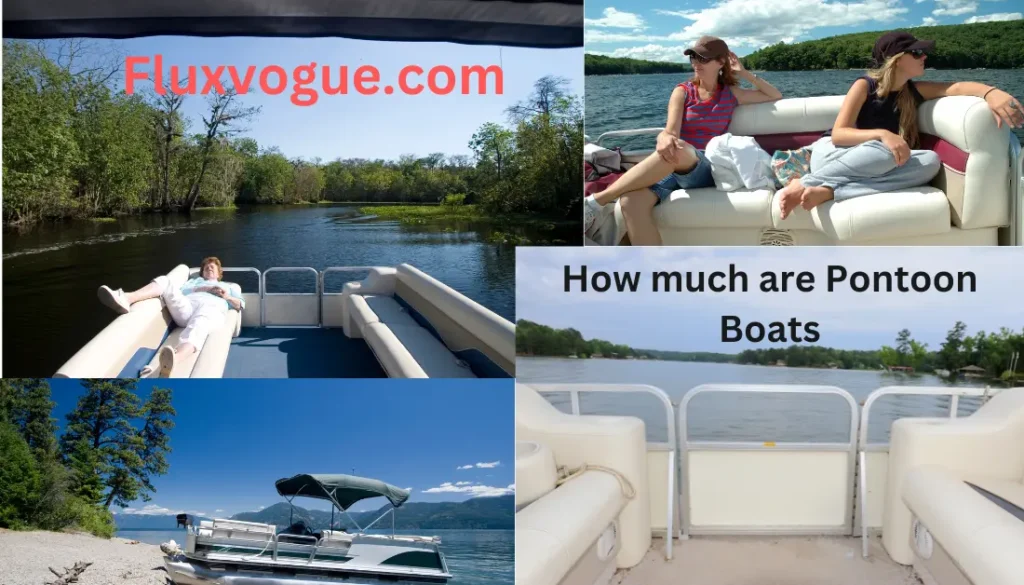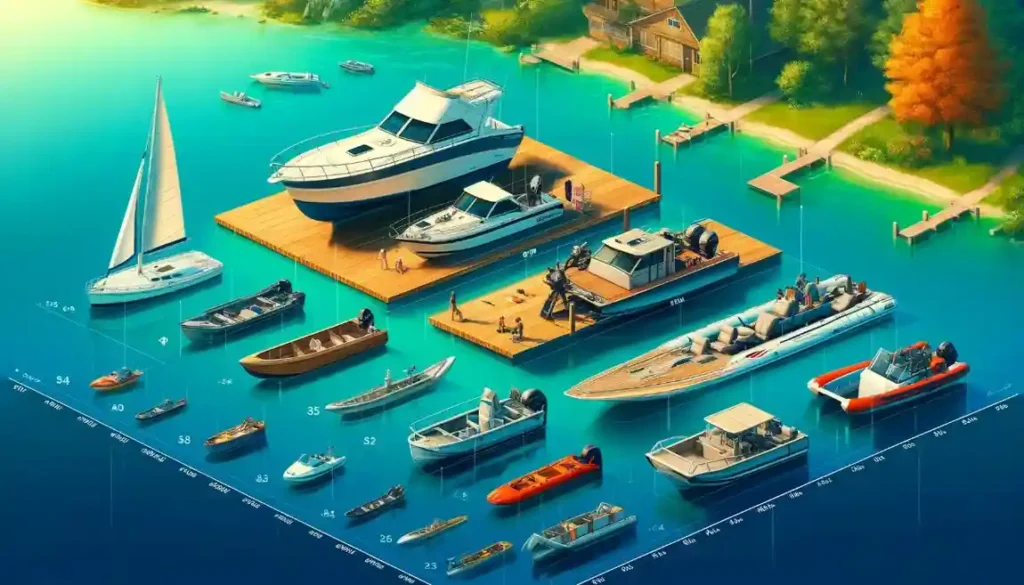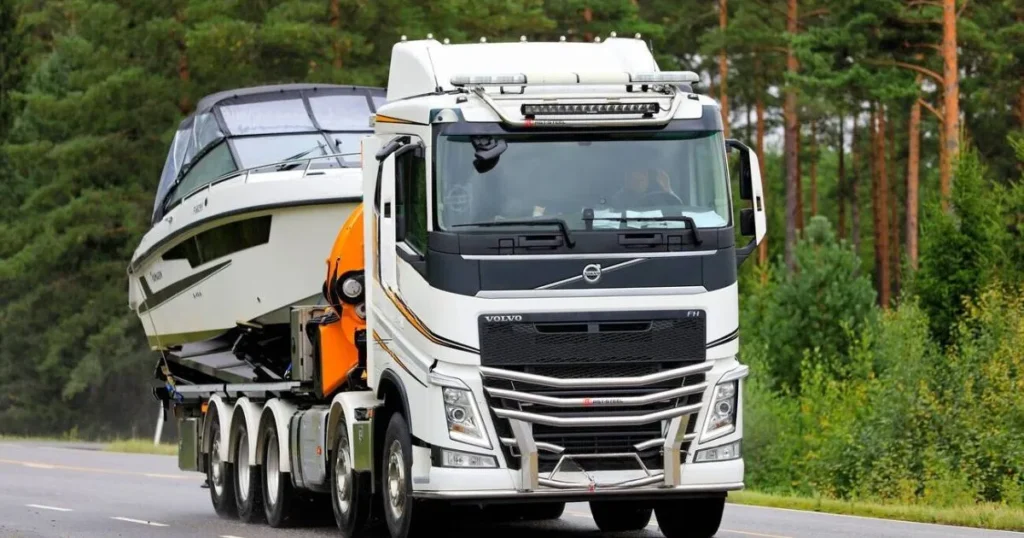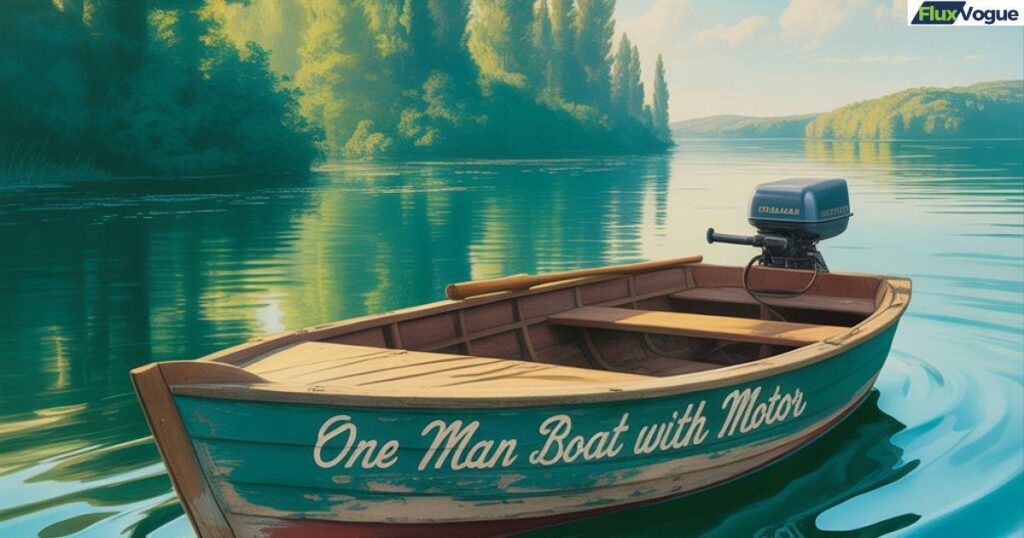Introduction
Dreaming of days spent cruising on a lake or fishing in the quiet morning hours has inspired you to consider purchasing a boat tailored for such activities. How do you begin this venture? Whether it’s your boat purchase or an upgrade to a vessel thats in question here, ensuring smart choices from the outset can prevent future headaches and help you save both time and money in the long run.
Before purchasing a boat for use on a lake area, there are factors to take into account, such as obtaining licenses and insurance coverage as well as ensuring you have the necessary safety equipment on board and addressing storage options and financing needs along with completing the boat registration process to cover all essential aspects thoroughly before moving forward into this exciting venture.
Table of Contents
“Rules for Obtaining a Boat License”
Before you set sail on the waterways, it’s important to ensure your boat complies with your state’s licensing or registration regulations! Every state has its rules, so it’s always an idea to contact your local Department of Natural Resources (DNR) for guidance and clarification on what’s needed for your vessel to be legal on the water. If your boat is motor-powered, it typically must be registered without exception in states. Before heading out on the waterways, you may also be required to complete an education course. This is mandatory in some states as it covers topics like boating safety and waterway rules that are crucial for every boater to know.
Lake Vessel Insurance
Just like automobiles require insurance coverage for protection against accidents and liabilities incurred by the vehicle owner while driving on the roadways, boats also need insurance when sailing on water bodies. Standard liability insurance for boats provides coverage for injuries or property damage resulting from incidents involving your boat on the water; however, comprehensive boat insurance offers protection against theft occurrences and damages caused by adverse weather conditions and unforeseen accidents that may arise during maritime activities at sea.
Ensure that the insurance plan you choose matches your boating activities well; for instance, if you often engage in water sports or fishing trips requiring added protection for your gear and passengers.
Safety Equipment for Boating
Safety is a priority. The following items are required or recommended by most boating authorities:
- Life jackets for each person on board
- Fire extinguisher
- Flares and other visual distress signals
- First aid kit
- Throwable flotation devices
- Anchor and line
- Whistle or horn for sound signals
- Navigation lights (for night trips)
Having the right equipment ensures a safe experience and keeps you compliant with boating regulations.
Performing seasonal maintenance will extend your boat’s life and ensure it’s ready for action whenever the weather allows.
Boat Maintenance Checklist
It’s important to keep up with boat maintenance tasks to avoid repairs. Here are the things you should check regularly;
- Inspect the hull for any signs of cracks or blisters.
- Remember to kick things off to make sure everything runs smoothly.
- Please verify that the battery is completely charged.
- Seek any signs of damage in the propeller, like chips or bends.
- Make sure the bilge pump is functioning properly to avoid water accumulation.
Trailer Requirements for Boat Transport
To move your boat from one place to another safely and legally requires a trailer that fits its dimensions and weight capacity within state regulations regarding lighting and braking mechanisms on the roadways to ensure compliance and safety standards are met alongside confirming that your towing vehicle can transport both the boat and trailer securely without any risks involved.
Boating Laws and Regulations
Every lake might have specific speed restrictions and guidelines on wake zones and alcohol consumption regulations to follow for safety and to avoid penalties according to laws. It’s also important to note that in some states, completing a safety course is mandatory for operating certain boat types within legal requirements.
Fuel Capacity and Consumption
Your boat’s fuel consumption is influenced by the size of the motor and the type of activities you intend to engage in while using it on the waterways. If you are planning extended trips, across lakes or plan on towing skiers behind your boat it would be wise to opt for a motor, with a fuel capacity; however, consider the associated costs involved in maintaining such a motor.
Freshwater Fishing Permits
Before fishing, get a fishing license and check if any permits are needed for specific fish or restrictions on boats at certain lakes; it’s always good to do some research beforehand to avoid any unexpected issues.
Lake Depth and Navigation Charts
A depth finder or lake map can be useful in steering off spots or unseen obstacles while out on the watercraft—especially crucial when navigating lakes with rocks or sandbars and fluctuating water levels. and fluctuating water levels
Boat Size and Storage Considerations
Select a boat that suits your requirements and the available storage area first—whether it fits in your garage or driveway if you intend to keep it at home- or explore marina storage choices that could involve charges.
Financing Options for Boat Purchase
Many car dealerships provide financing options to assist with buying a vehicle. It’s important to compare interest rates and terms banks and credit unions offer to get a favorable deal. Don’t forget to consider all expenses, like insurance and maintenance, when planning your budget.
Lake Access Points and Boat Ramps
It’s important to know where you can put your boat in and take it out of the water easily, whether they are private ramps, and also make sure to see if there are any rules about boat size or type of motor allowed at the lake.
Seasonal Maintenance Tips for Boats
In regions with weather conditions, preparing your boat for winter is crucial to avoid harming the engine. When spring arrives, check to confirm all systems are operational before taking them out on the water. Regular upkeep helps maintain your boat’s condition throughout the year.
Used vs. New Boat Purchase Guide
New and pre-owned boats each come with their benefits.
Excitingly, there are boat arrivals!
- The newest functionalities.
- It may require an investment.
Pre-owned Watercraft;
- Costs less. It might require some fixing.
- Subject to restrictions and conditions that may apply.
- Make sure to examine owned boats or consider enlisting the services of a maritime expert to guarantee that you are making a wise investment.
Boat Registration Process
Register your boat by following these steps. You’ll need to show proof of ownership and fill out a registration form while paying a fee per state regulations. Some states may also mandate title transfers for owned boats; hence, verifying the specific requirements in your locality is essential.
FAQs
What paperwork is required to register my boat?
You usually have to show proof of ownership, a filled-out registration form, and a valid ID when registering your boat. In some states, the ship may also require a bill of sale if it was bought by hand.
How frequently should I schedule maintenance for my boat?
Most boats require maintenance after every 100 hours of use or at once per season to ensure smooth operation and longevity.
Do I require a permit to navigate a boat on a lake?
Some states mandate that individuals possess an education certification or permit to steer boats equipped with engines on the waterways. Visit your state’s Department of Natural Resources website for guidelines and regulations.
What kind of insurance do you need for boats on lakes?
In some states, you need to get liability insurance as a requirement, while comprehensive insurance is a smart choice to protect against theft and damage from accidents or weather for peace of mind.
Is it better to purchase a brand boat or opt for an owned one?
Both choices have advantages and disadvantages when it comes to boats. New boats offer warranties and cutting-edge technology but come at a cost; alternatively, used boats are more affordable but may require repairs or enhancements.
What safety equipment must be on a boat according to the law?
In places where you go out on a boat or watercraft, you need to have life vests for all passengers, a fire extinguisher handy, flares available in case of emergency, and a throwable flotation device. Depending on your location, you might also need navigation lights and whistles as safety measures.
Conclusion
Purchasing a boat for the lake brings a sense of excitement; however, it also entails responsibilities that need to be considered before setting sail on your new adventure! This includes obtaining the permits and insurance coverage, ensuring you have all the essential safety gear on board, and maintaining an upkeep schedule. These are all crucial steps to ensure a smooth and stress-free boating experience.
Using this guide will assist you in steering off errors and getting ready for a pleasant time out on the waterways ahead of you. You’re set with the essentials; now it’s time to embark on your boating adventure—enjoy the ride!
